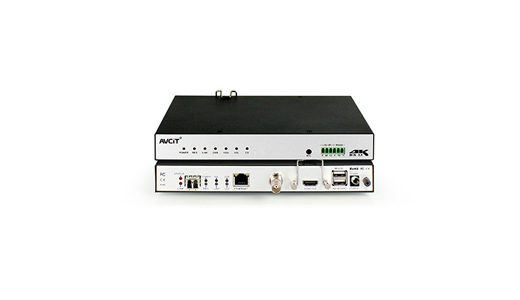The Role and Functions of an Airport Operations Control Center
The Airport Operations Control Center (AOCC) is the nerve center of an airport, responsible for overseeing and coordinating various activities to ensure the safe and efficient functioning of the airport. It is a critical facility that plays a pivotal role in managing the complexities of airport operations and responding to dynamic challenges that arise on a day-to-day basis. Weather can significantly impact airport operations. The AOCC continuously monitors weather conditions, forecasts, and potential hazards such as thunderstorms, heavy fog, or snow. Based on this information, the AOCC develops contingency plans, reroutes flights if necessary, and takes appropriate safety measures to ensure the well-being of passengers and aircraft.
Key Functions of the Airport Operations Control Center
One of the primary functions of the AOCC is air traffic management. The center closely monitors the movement of aircraft on the ground and in the airspace surrounding the airport. It collaborates with air traffic control towers and regional air traffic control centers to ensure the safe and orderly flow of air traffic, efficient runway usage, and timely arrivals and departures. The AOCC is responsible for effectively allocating essential airport resources. This includes managing airport gates, aircraft parking stands, and available runway capacity. By optimizing resource allocation, the AOCC helps minimize delays, reduce congestion, and enhance overall airport efficiency.

The Importance of Real-time Decision-making
Real-time decision-making is a cornerstone of AOCC operations. The center operates 24/7, and its team of professionals, including air traffic controllers, operational supervisors, and support staff, must respond promptly to changing circumstances. With flights arriving and departing constantly, the AOCC must make quick and informed decisions to ensure seamless airport operations and minimize disruptions. The AOCC serves as the central point of communication and coordination between various stakeholders, including airlines, ground handling services, customs, security, and other airport agencies. Effective communication and collaboration among these entities are essential for smooth and efficient airport operations.
Safety and Compliance
Safety is of utmost importance in airport operations, and the AOCC plays a critical role in ensuring compliance with aviation regulations and best practices. The center closely monitors air traffic, weather conditions, and airport facilities to maintain a safe operating environment. If any safety concerns arise, the AOCC takes immediate action to mitigate risks and safeguard all stakeholders. In the event of emergencies or crises, the AOCC takes charge of coordinating the airport's response. It manages resources, communicates with relevant authorities, and implements emergency procedures. The center plays a crucial role in ensuring a swift and coordinated response to unforeseen incidents, prioritizing the safety and security of all stakeholders.

Continuous Improvement and Performance Analysis
The AOCC is committed to continuous improvement. Through data analysis and performance evaluation, the center identifies areas for enhancement and implements strategies to optimize airport operations. By learning from past experiences and adopting best practices, the AOCC strives for excellence in managing the airport's day-to-day activities. The integration of control room video wall systems, KVM transmitter and receiver solutions, and IP video wall controller factory within the AOCC provides operators with valuable data and real-time insights to drive continuous improvement in airport operations. By leveraging these technologies, the AOCC can analyze performance metrics, identify areas for enhancement, and implement strategies to optimize efficiency, productivity, and overall airport management, keeping pace with the ever-evolving demands of the aviation industry.
In conclusion, the Airport Operations Control Center (AOCC) is a vital component of an airport's operations, responsible for overseeing and coordinating various activities to ensure the safe and efficient functioning of the airport. Its key functions encompass air traffic management, resource allocation, weather monitoring, emergency response, and collaboration with stakeholders. The AOCC's real-time decision-making, commitment to safety, and focus on continuous improvement contribute significantly to the overall efficiency, safety, and success of the airport.








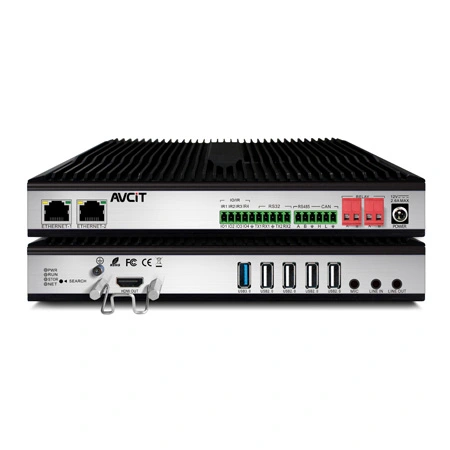 AIVC-16CH AI BOX
AIVC-16CH AI BOX
 2K HDMI Video Codec
2K HDMI Video Codec
 2K DVI Video Codec
2K DVI Video Codec
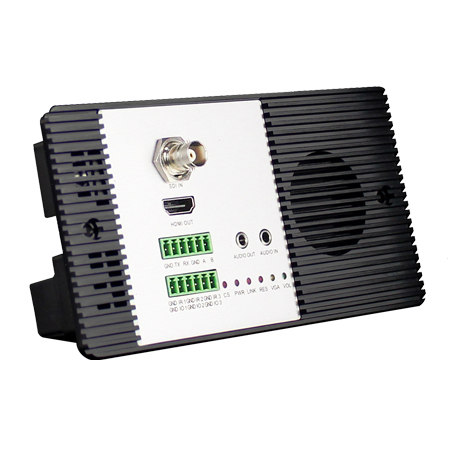 2K SDI Video Codec
2K SDI Video Codec
 2K HDMI Video Encoder
2K HDMI Video Encoder
 2K DVI Video Encoder
2K DVI Video Encoder
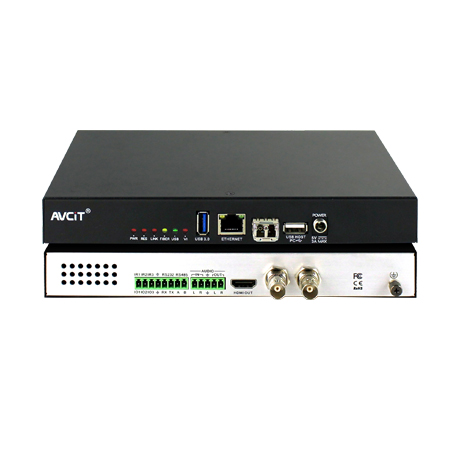 2K SDI Video Encoder
2K SDI Video Encoder
 2K VGA Video Encoder
2K VGA Video Encoder
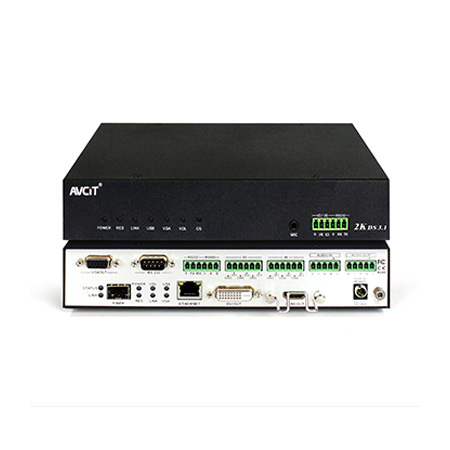 2K Video Wall Decoder (HDMI+DVI)
2K Video Wall Decoder (HDMI+DVI)
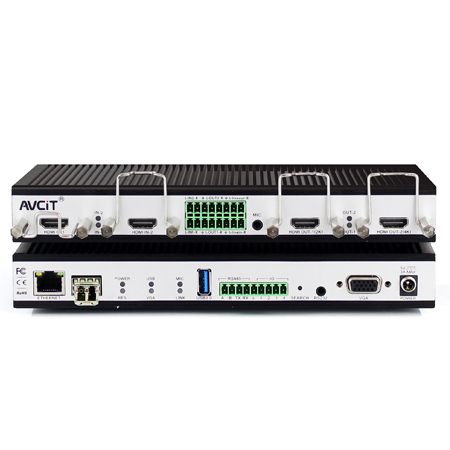 4K HDMI Video Encoder
4K HDMI Video Encoder
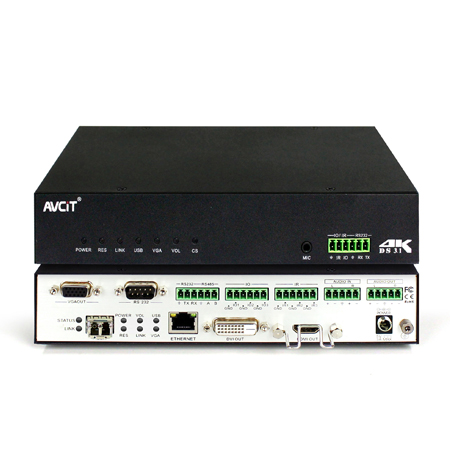 4K HDMI Video Decoder
4K HDMI Video Decoder
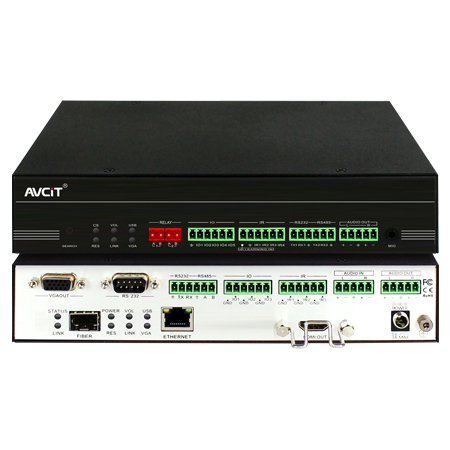 4K HDMI Video Wall Decoder
4K HDMI Video Wall Decoder
 4K HDMI + DVI Video Wall Decoder
4K HDMI + DVI Video Wall Decoder
 4K HDMI Dual Channel Codec
4K HDMI Dual Channel Codec
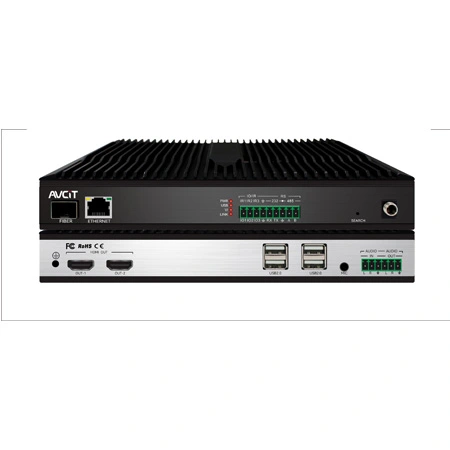 8K HDMI Decoder
8K HDMI Decoder
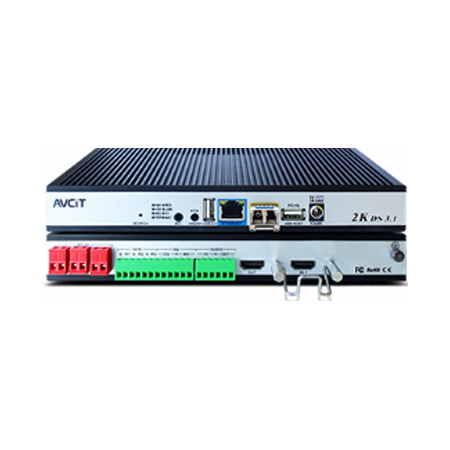 2K KVM Encoder - HDMI
2K KVM Encoder - HDMI
 2K KVM Encoder - DVI
2K KVM Encoder - DVI
 2K KVM Encoder - SDI
2K KVM Encoder - SDI
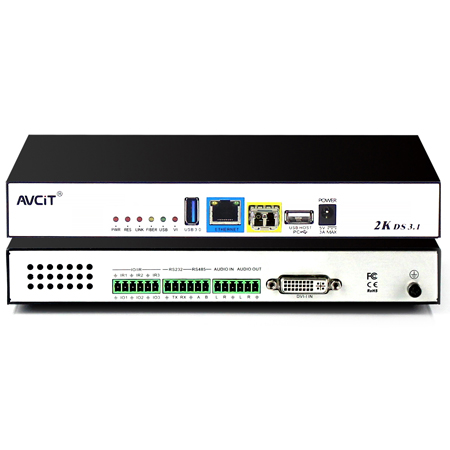 2K KVM Encoder - DVI-I(VGA)
2K KVM Encoder - DVI-I(VGA)
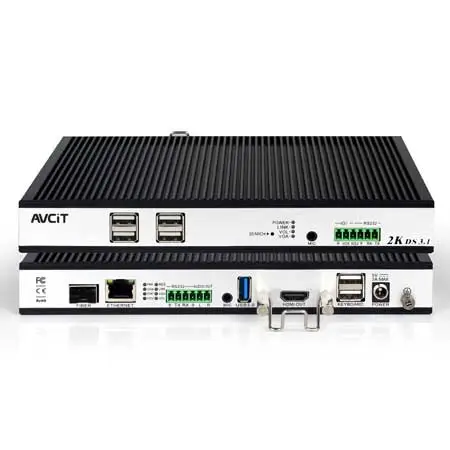 2K KVM Decoder - HDMI
2K KVM Decoder - HDMI
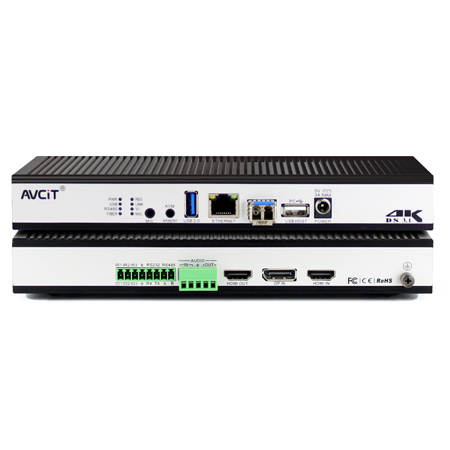 4K KVM Encoder - HDMI + DP
4K KVM Encoder - HDMI + DP
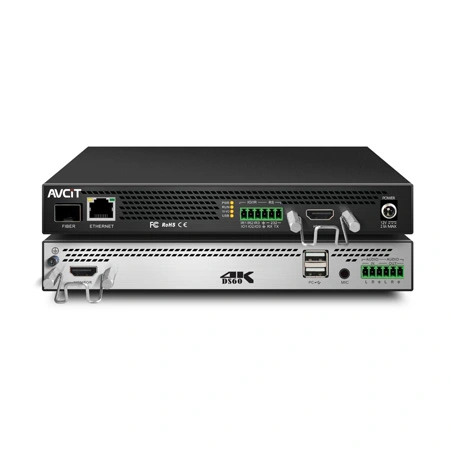 4K@60 KVM Encoder - HDMI
4K@60 KVM Encoder - HDMI
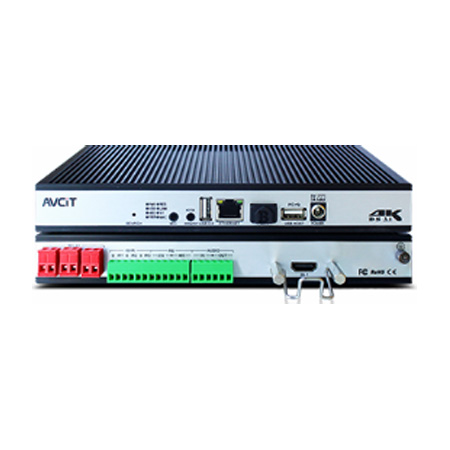 4K KVM Encoder - HDMI + HDMI
4K KVM Encoder - HDMI + HDMI
 4K KVM Encoder - HDMI
4K KVM Encoder - HDMI
 4K KVM Decoder - HDMI
4K KVM Decoder - HDMI
 4K60 4:4:4 KVM Encoder - HDMI
4K60 4:4:4 KVM Encoder - HDMI
 4K60 4:4:4 KVM Decoder-HDMI
4K60 4:4:4 KVM Decoder-HDMI
 4K60 4:4:4 KVM Encoder - HDMI + SDI
4K60 4:4:4 KVM Encoder - HDMI + SDI
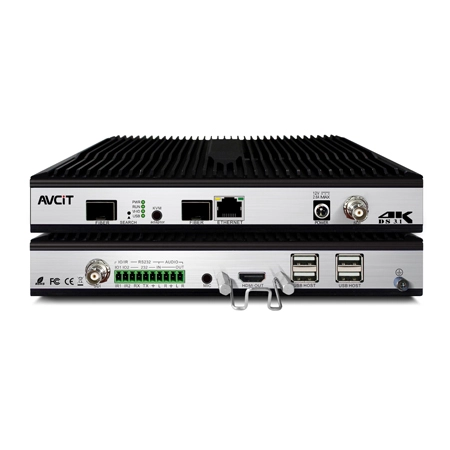 4K60 4:4:4 KVM Decoder - HDMI + SDI
4K60 4:4:4 KVM Decoder - HDMI + SDI
 5K KVM Decoder - HDMI +DP
5K KVM Decoder - HDMI +DP
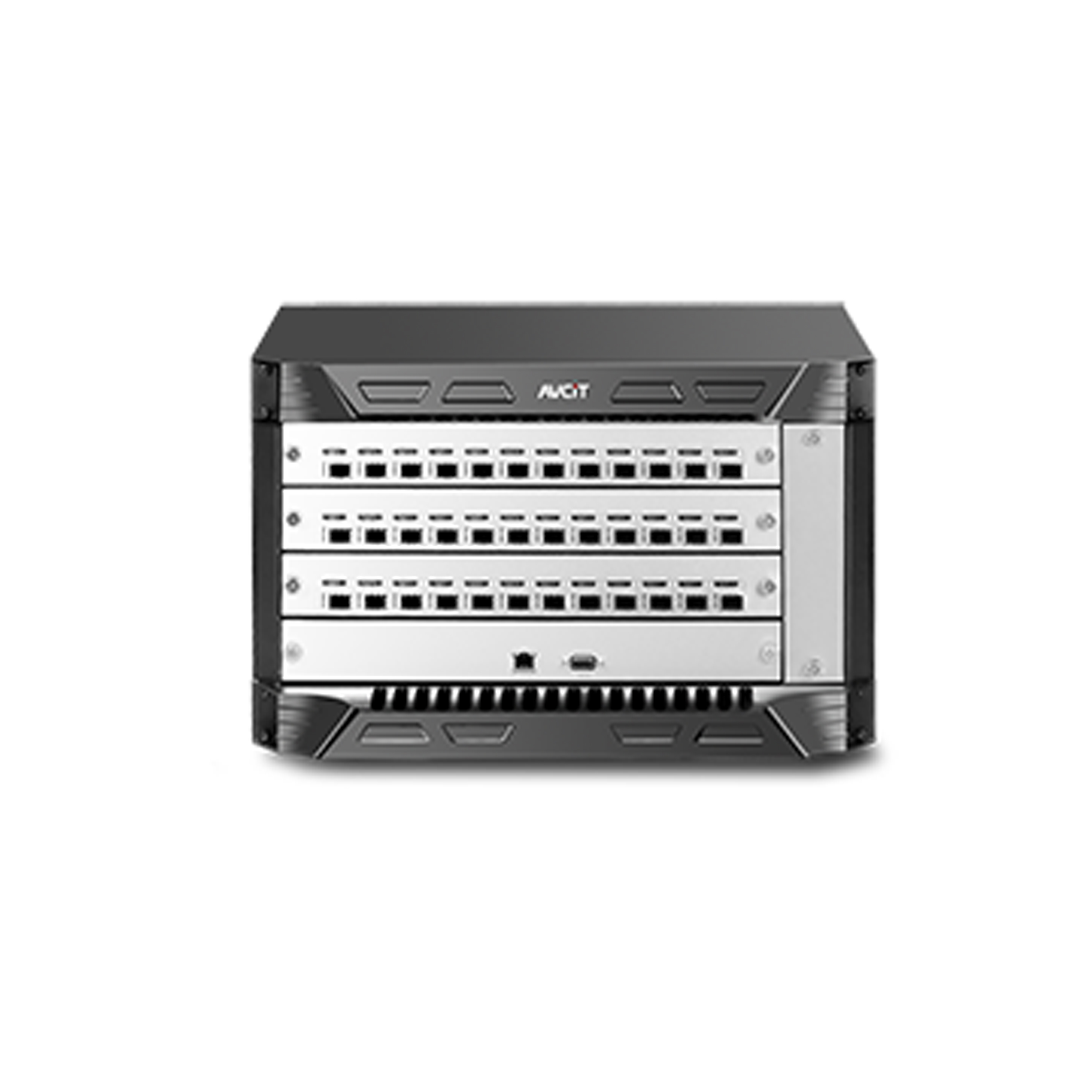 Phinx-36 Ports Fiber KVM Matrix
Phinx-36 Ports Fiber KVM Matrix
 Phinx-72 Ports Fiber KVM Matrix
Phinx-72 Ports Fiber KVM Matrix
 Phinx-144 Ports Fiber KVM Matrix
Phinx-144 Ports Fiber KVM Matrix
 Phinx-288 Ports Fiber KVM Matrix
Phinx-288 Ports Fiber KVM Matrix
 Phinx-576 Ports Fiber KVM Matrix
Phinx-576 Ports Fiber KVM Matrix
 Phinx - I/O SFP Module Card
Phinx - I/O SFP Module Card
 Phinx - Video Wall Control Card
Phinx - Video Wall Control Card
 Phinx- Video Wall & SFP Card
Phinx- Video Wall & SFP Card
 Phinx- Video Card(6IN6OUT)
Phinx- Video Card(6IN6OUT)
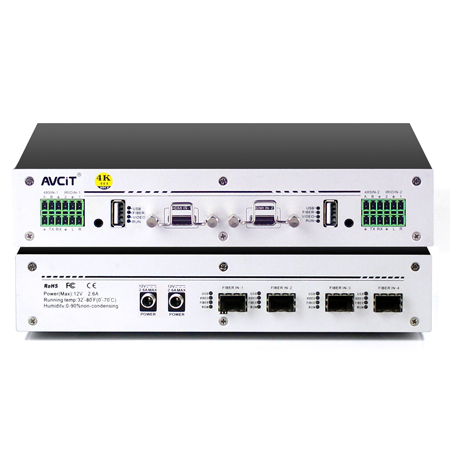 4K KVM Transmitter-HDMI
4K KVM Transmitter-HDMI
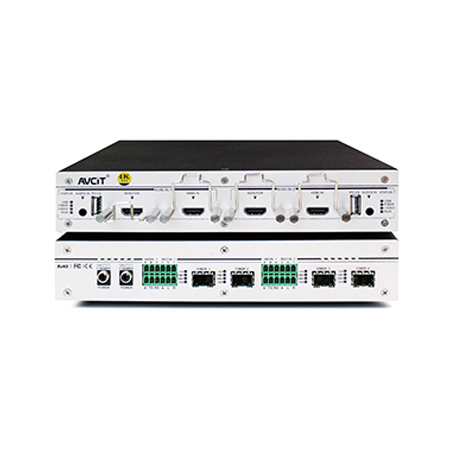 4K KVM Transmitter-HDMI+HDMI LOOP
4K KVM Transmitter-HDMI+HDMI LOOP
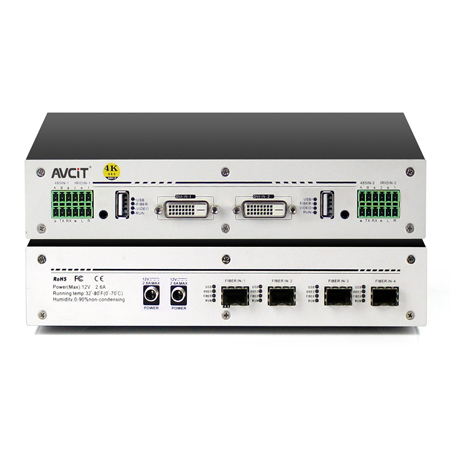 4K KVM Transmitter-DVI
4K KVM Transmitter-DVI
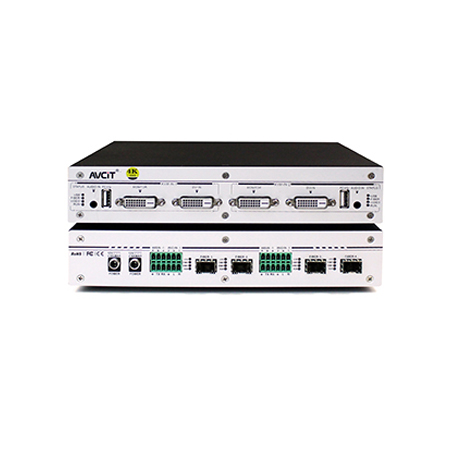 4K KVM Transmitter-DVI+DVI LOOP
4K KVM Transmitter-DVI+DVI LOOP
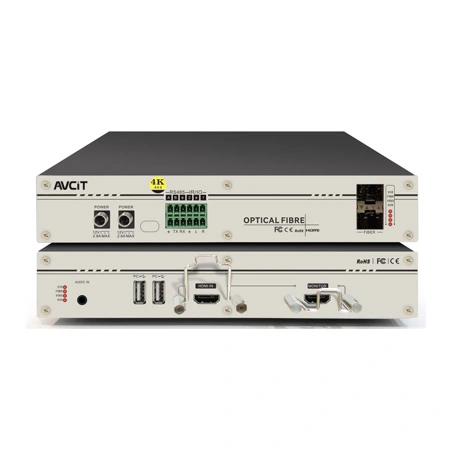 4K60 KVM Transmitter - HDMI
4K60 KVM Transmitter - HDMI
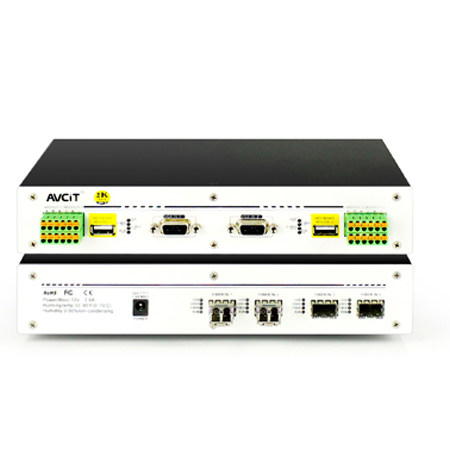 2K KVM Transmitter-VGA
2K KVM Transmitter-VGA
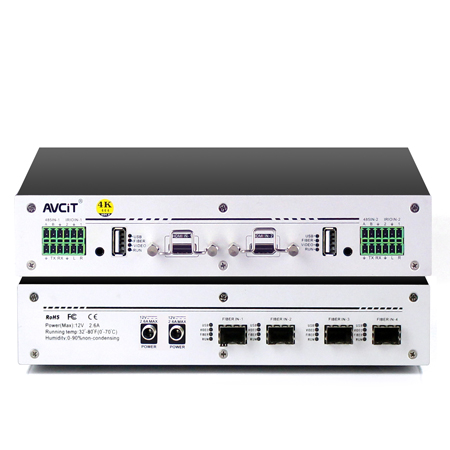 4K KVM Receiver-HDMI
4K KVM Receiver-HDMI
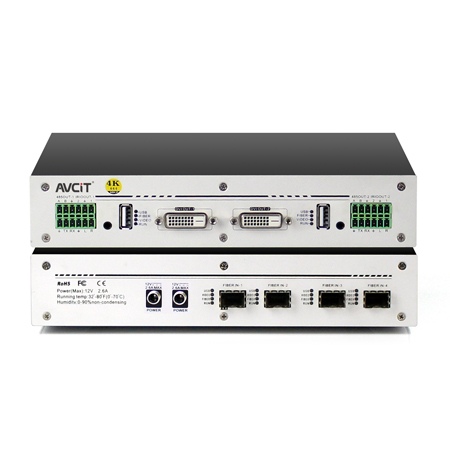 4K KVM Receiver-DVI
4K KVM Receiver-DVI
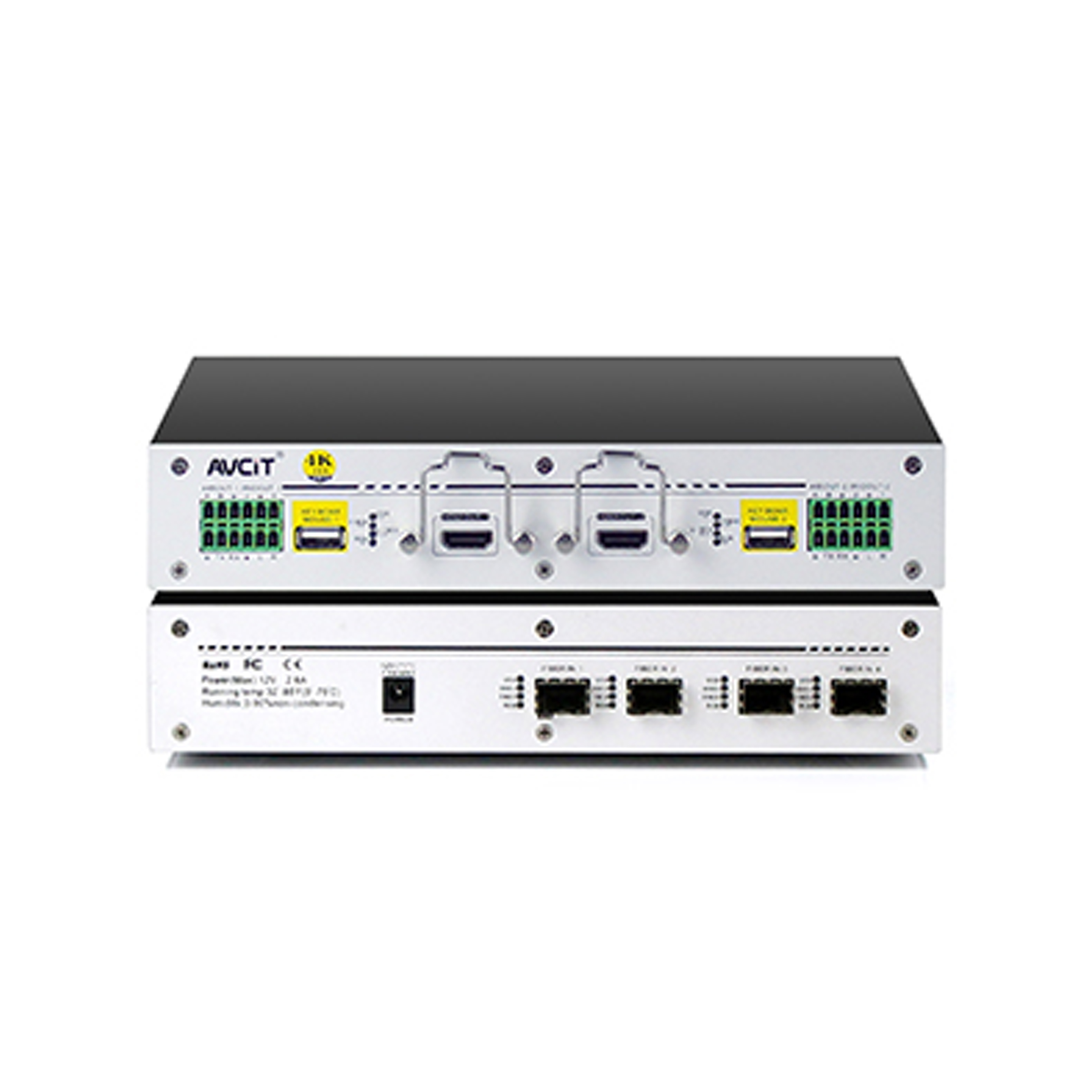 Quad-view KVM Receiver-HDMI
Quad-view KVM Receiver-HDMI
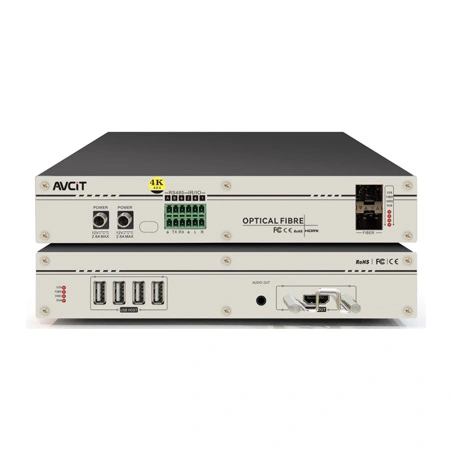 4K60 KVM Receiver - HDMI
4K60 KVM Receiver - HDMI
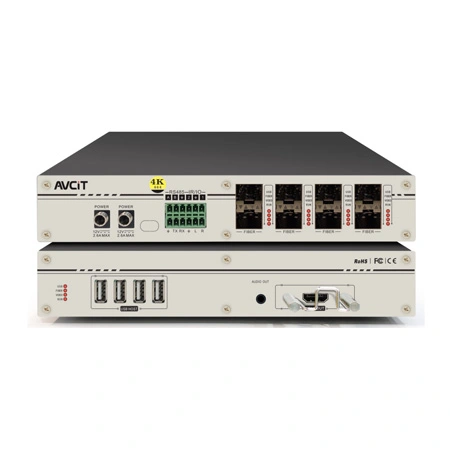 4K60 Quad-view KVM Receiver
4K60 Quad-view KVM Receiver
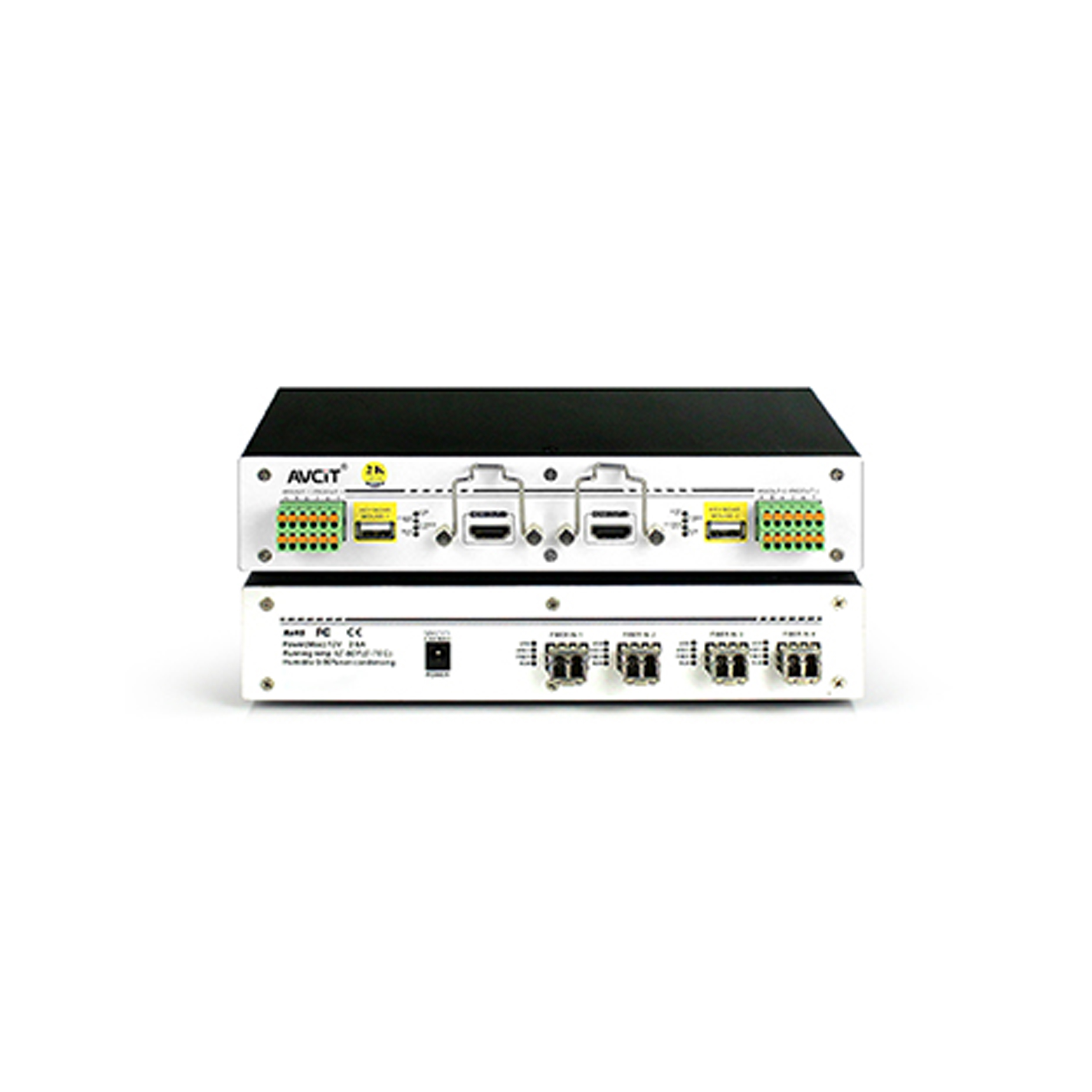 2K KVM Receiver-HDMI
2K KVM Receiver-HDMI
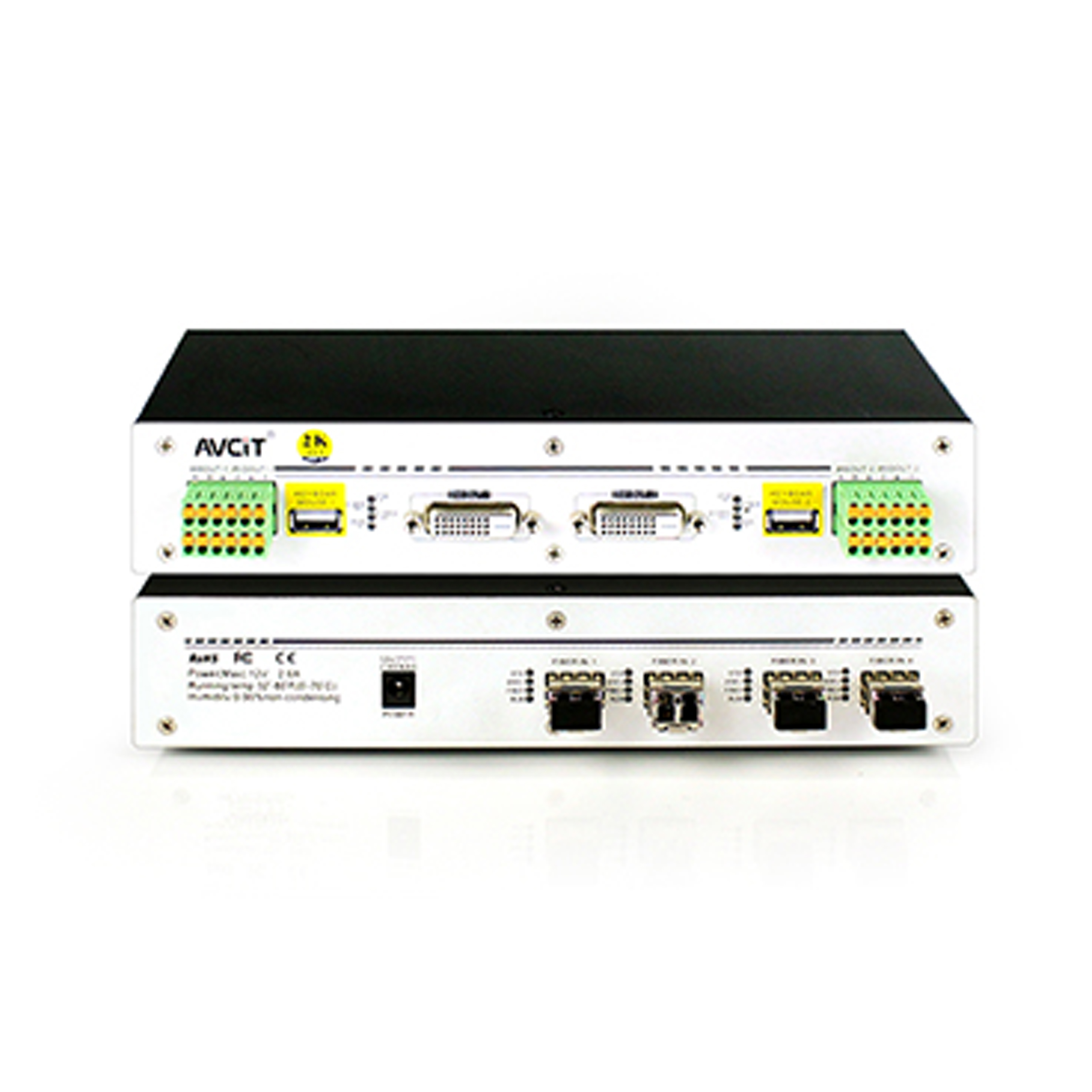 2K KVM Receiver-DVI
2K KVM Receiver-DVI
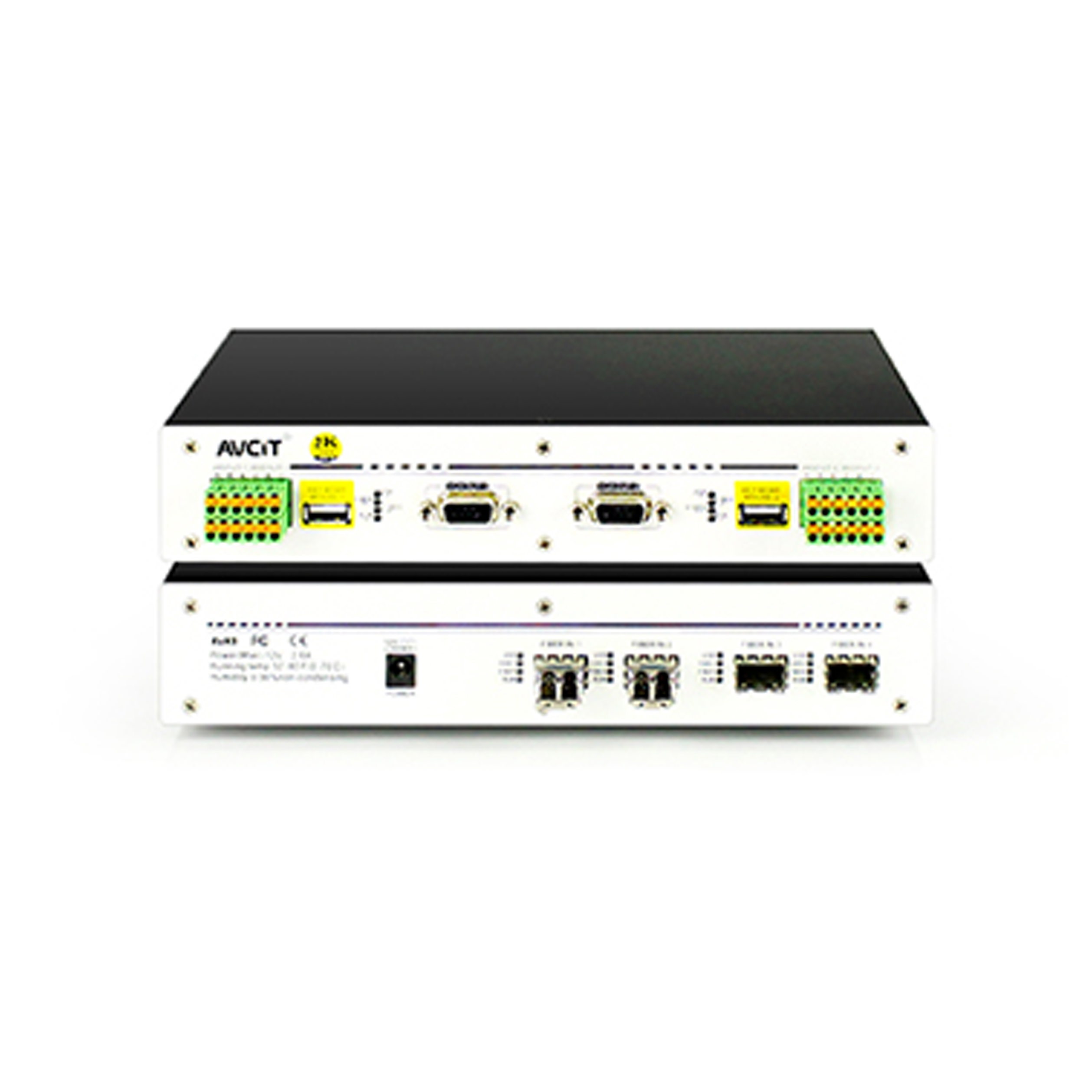 2K KVM Receiver-VGA
2K KVM Receiver-VGA
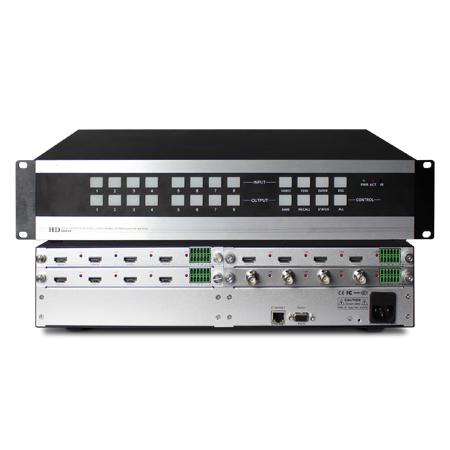 2K Video Wall Matrix - 8x8
2K Video Wall Matrix - 8x8
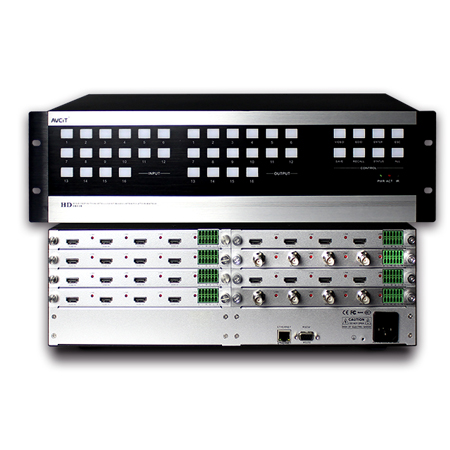 2K Video Wall Matrix - 16x16
2K Video Wall Matrix - 16x16
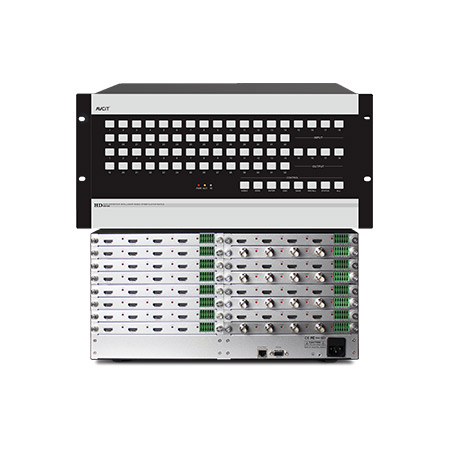 2K Video Wall Matrix - 32x32
2K Video Wall Matrix - 32x32
 2K Video Wall Matrix - 72x72
2K Video Wall Matrix - 72x72
 2K Video Wall Matrix - 144x144
2K Video Wall Matrix - 144x144
 4K Video Matrix Switcher - 8x8
4K Video Matrix Switcher - 8x8
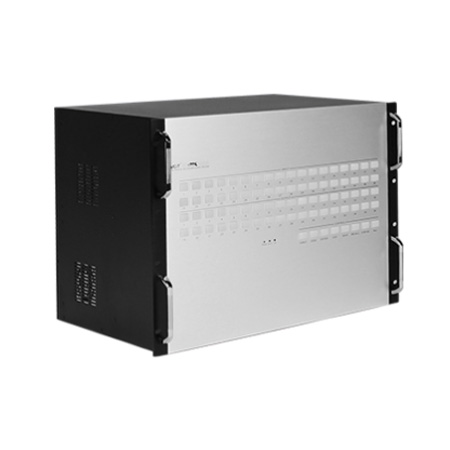 4K Video Matrix Switcher - 18x18
4K Video Matrix Switcher - 18x18
 4K Video Matrix Switcher - 72x72
4K Video Matrix Switcher - 72x72
 4K Video Matrix Switcher - 144x144
4K Video Matrix Switcher - 144x144
 Mixing HD-2K HDMI Input Card
Mixing HD-2K HDMI Input Card
 Mixing HD-2K DVI Input Card
Mixing HD-2K DVI Input Card
 Mixing HD-2K SDI Input Card
Mixing HD-2K SDI Input Card
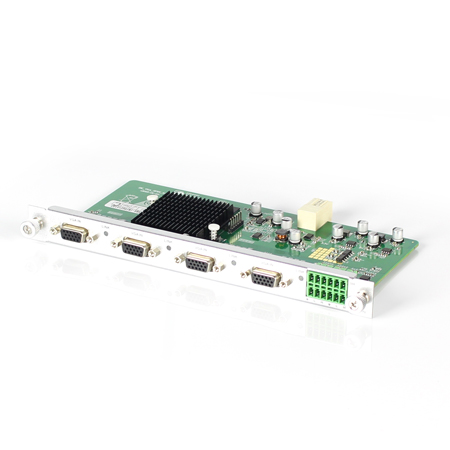 Mixing HD-2K VGA Input Card
Mixing HD-2K VGA Input Card
 Mixing HD-2K AV Input Card
Mixing HD-2K AV Input Card
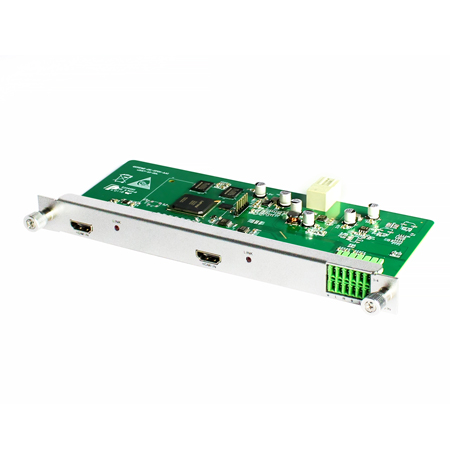 Mixing HD-HDMI UHD Input Card
Mixing HD-HDMI UHD Input Card
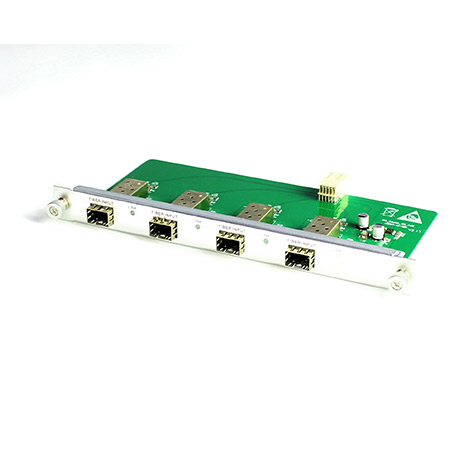 Mixing HD-Fiber Input Card
Mixing HD-Fiber Input Card
 Mixing HD-IP Input Card
Mixing HD-IP Input Card
 Mixing HD-HDMI Output Card
Mixing HD-HDMI Output Card
 Mixing HD-DVI Output Card
Mixing HD-DVI Output Card
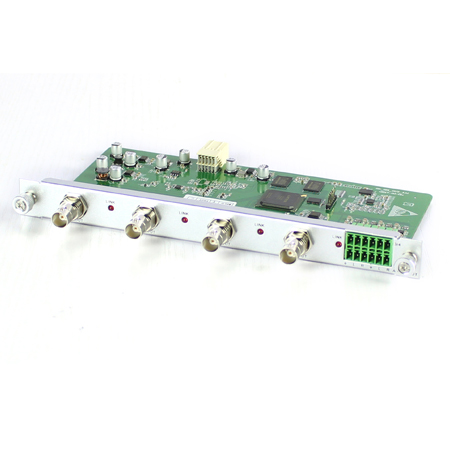 Mixing HD-SDI Output Card
Mixing HD-SDI Output Card
 Mixing HD-VGA Output Card
Mixing HD-VGA Output Card
 Mixing HD-AV Output Card
Mixing HD-AV Output Card
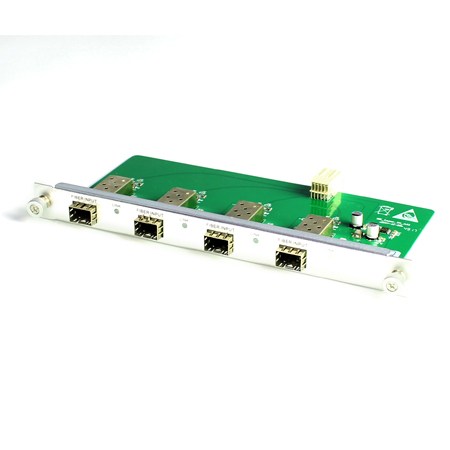 Mixing HD-Fiber Output Card
Mixing HD-Fiber Output Card
 Mixing HD-IP Output Card
Mixing HD-IP Output Card
 Mixing HD-HDMI Video Wall Control Card (1 channel)
Mixing HD-HDMI Video Wall Control Card (1 channel)
 Mixing HD-DVI Video Wall Control Card (2 channel)
Mixing HD-DVI Video Wall Control Card (2 channel)
 Mixing HD-DVI Video Wall Control Card (1 channel)
Mixing HD-DVI Video Wall Control Card (1 channel)
 Mixing UHD - HDMI Input Card
Mixing UHD - HDMI Input Card
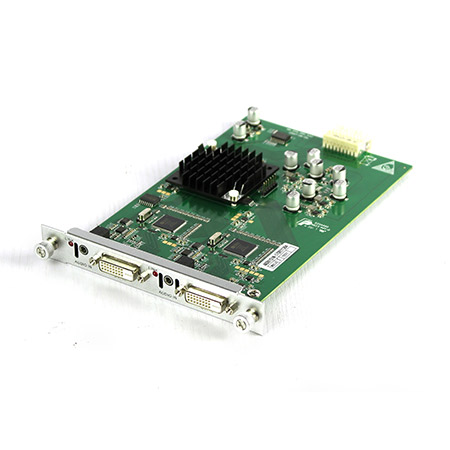 Mixing UHD - DVI Input Card
Mixing UHD - DVI Input Card
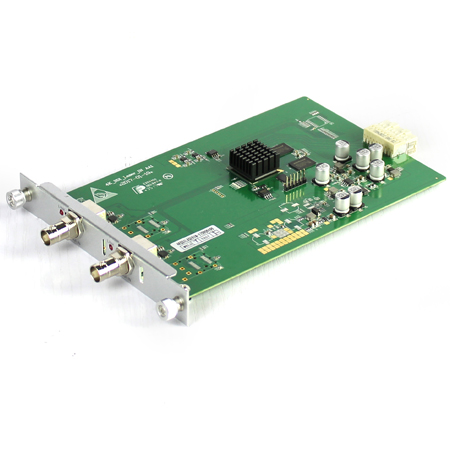 Mixing UHD - SDI Input Card
Mixing UHD - SDI Input Card
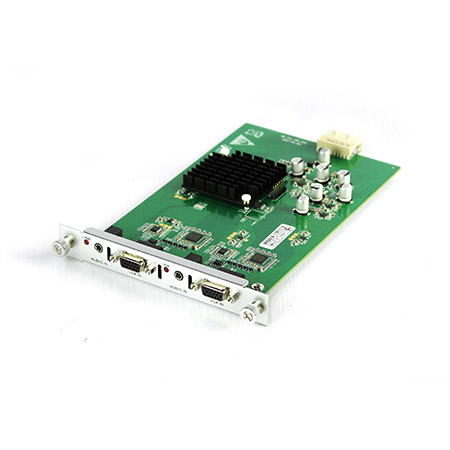 Mixing UHD - VGA Input Card
Mixing UHD - VGA Input Card
 Mixing UHD - AV Input Card
Mixing UHD - AV Input Card
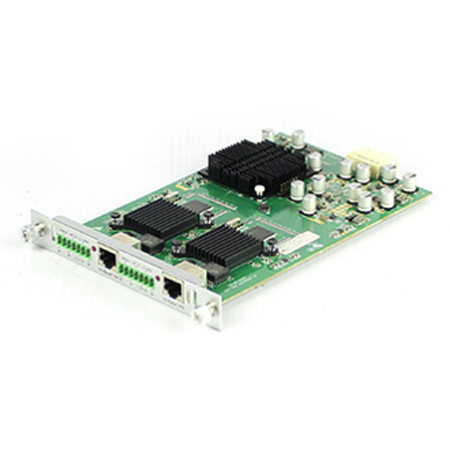 Mixing UHD - HDBT Input Card
Mixing UHD - HDBT Input Card
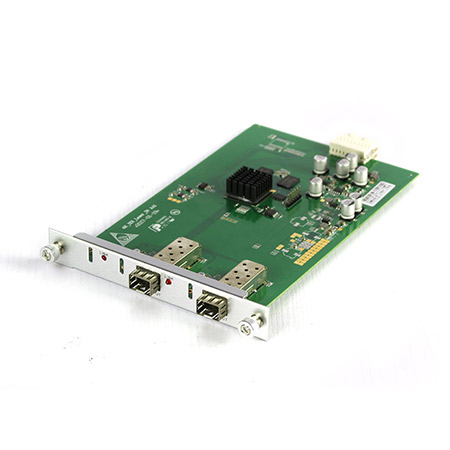 Mixing UHD - Fiber Input Card
Mixing UHD - Fiber Input Card
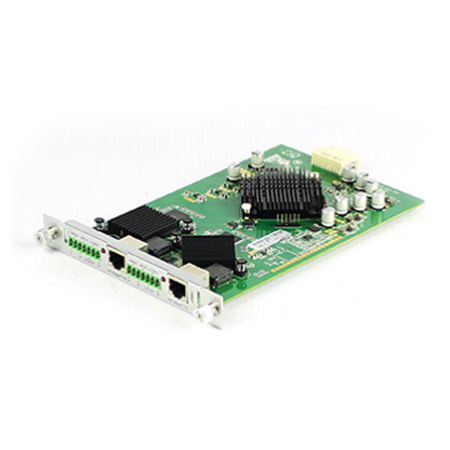 Mixing UHD - HDBT Output Card
Mixing UHD - HDBT Output Card
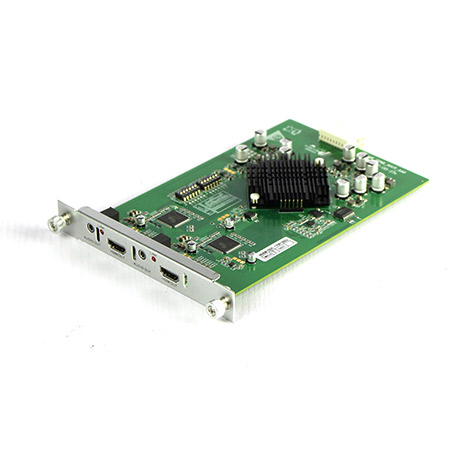 Mixing UHD - HDMI Output Card
Mixing UHD - HDMI Output Card
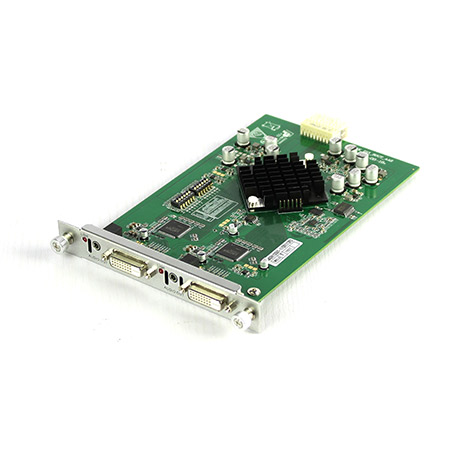 Mixing UHD - DVI Output Card
Mixing UHD - DVI Output Card
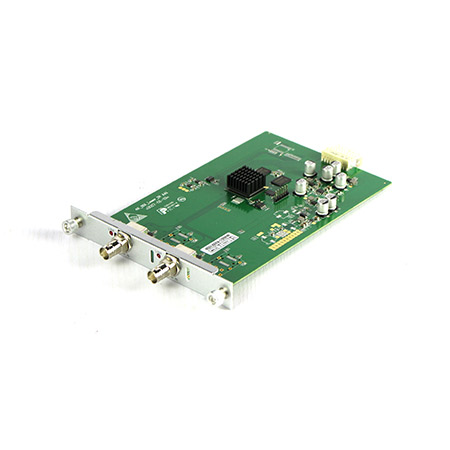 Mixing UHD - SDI Output Card
Mixing UHD - SDI Output Card
 Mixing UHD - VGA Output Card
Mixing UHD - VGA Output Card
 Mixing UHD - AV Output Card
Mixing UHD - AV Output Card
 Mixing UHD - Fiber Output Card
Mixing UHD - Fiber Output Card
 Mixing UHD - 4K HDBT Extender
Mixing UHD - 4K HDBT Extender
 Mixing UHD - 4K Fiber Extender
Mixing UHD - 4K Fiber Extender
 Rack Mounting Kit
Rack Mounting Kit
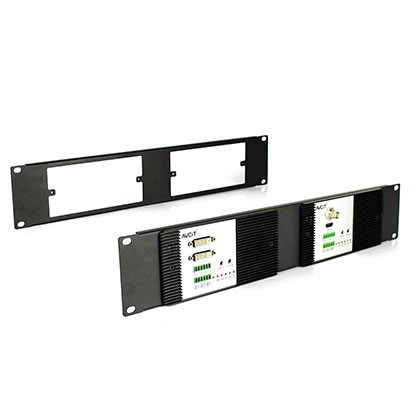 Wall Mounting Kit
Wall Mounting Kit













 EN
EN
 es
es  th
th 


